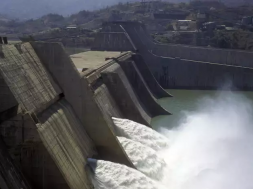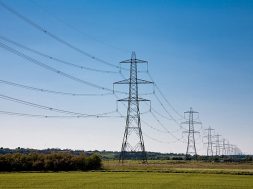
New Delhi : Fitch Ratings on Tuesday said that the recent heatwaves in India are unlikely to impact the ratings of the power-generation companies (gencos) in their portfolio in the near term, although they could contribute to higher power prices. The India Meteorological Department has forecast that the country would experience above-normal temperatures and an increased number of heatwave days during April-June.
These heatwaves resulted in a surge in demand for electricity, putting pressure on coal inventory for coal-fired plants and complicating supply-chain issues and funding requirements for the power-generation sector.
Despite coal inventories appearing to be sufficient through April to avoid a repeat of the 2022 coal-supply disruptions, there is a risk of complications from domestic coal-supply problems, as highlighted by the recent strike at Coal India’s Talcher mine that affected production.
These difficulties can cause generators to increase their reliance on more expensive imported coal or liquefied natural gas, leading to higher tariffs for consumers. Additionally, the incipient El Nino weather phenomenon could reduce hydro power generation in 2023, further straining electricity supply.
However, these dynamics may be positive for Fitch-rated renewable energy firms that can sell extra production on power exchanges at higher prices due to the demand-supply gap. Additionally, firms with electricity storage operations could benefit from higher power demand volatility, which should increase the importance of storage. Fitch also believes that strong electricity demand should reduce curtailment risk.
Nevertheless, if state utility discoms delay paying outstanding dues to renewable generators and are unable to promptly pass on higher power purchase costs, it could negatively impact the cash profiles of generators. However, Fitch assumes that central government policies will continue to support the timely clearing of discom receivables, at least in the near term.
Despite robust medium-term growth prospects for renewable generators, supply factors pose challenges. Strong global demand has led to an increase in the cost of materials and equipment such as solar modules and wind turbines. The Indian government’s efforts to localise the renewable-power equipment supply chain have also raised costs, with tariffs of 40% on imported solar modules and 25% on imported solar cells coming into effect in 2022.
Nonetheless, Fitch believes that the government’s goal of having half of the country’s installed electricity generation capacity coming from non-fossil fuels by 2030 will support the growth of renewable generators.












